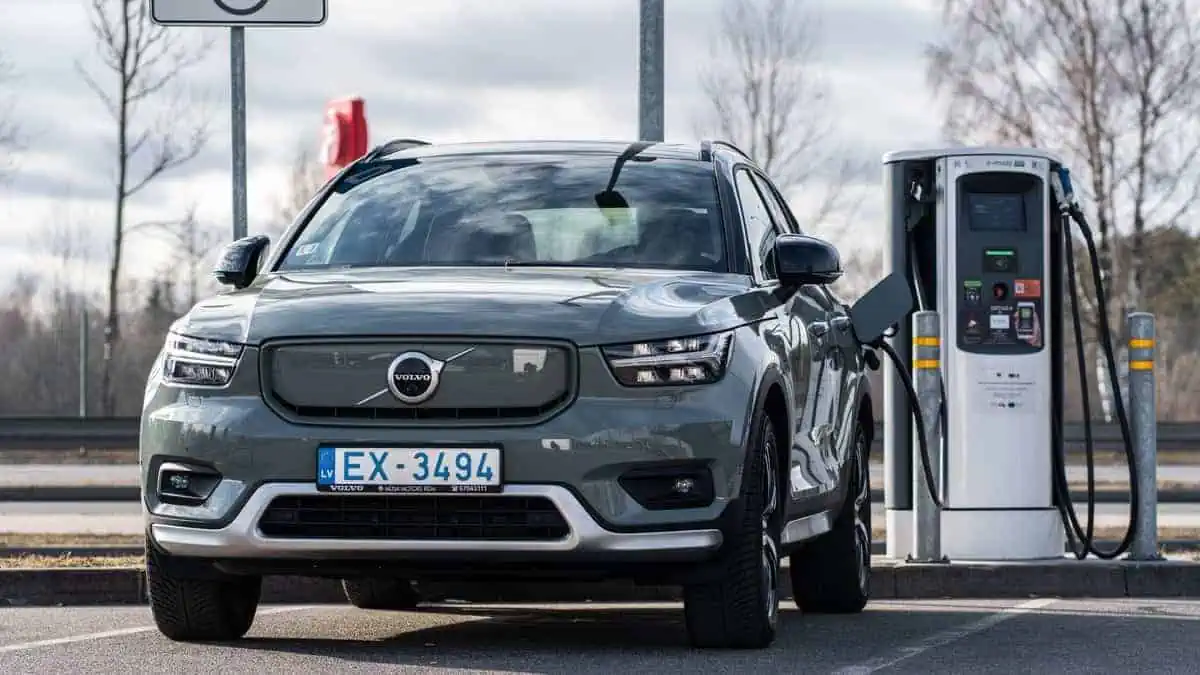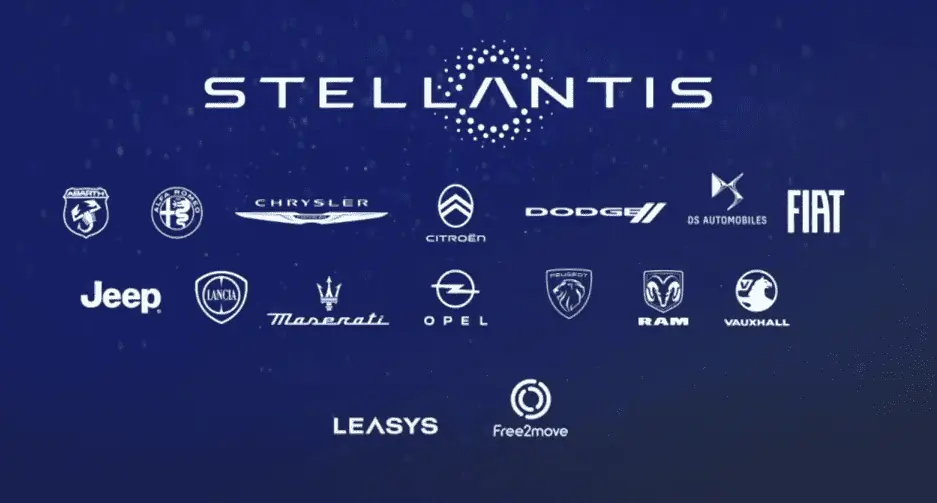Volvo Cars is reportedly organizing a massive EV drive in which all its core models will be converted to electric vehicles by 2026.
Volvo intends to convert the next generations of the S60 and S90 sedans, as well as the XC40, XC60, and XC90 SUVs, into EVs, according to two people who are knowledgeable of the plans cited by Reuters.
It is worth mentioning that Volvo now sells an all-electric XC40 called the Recharge. The carmaker recently revealed the EX90, widely regarded as the electric equivalent to the XC90. As Volvo’s all-electric SUV flagship, the EX90 is all that and more.
Earlier, Audi, a division of Volkswagen, decided to convert all its factories to produce electric vehicle.
Volvo to launch luxury electric minivan
Volvo Cars intends to launch a luxury electric minivan in Asia to boost sales, per the sources.
Overall, Volvo Cars, which is 82% owned by China‘s Geely Group, is anticipated to introduce at least six new battery-electric vehicles by 2026. It includes the recently revealed EX90, which is set to hit showrooms in early 2024.
Furthermore, the sources suggest that the battery electric cars in the pipeline include electric versions of the Volvo XC90 (i.e., the EX90), XC60 and XC40 SUVs, and the S60 and S90 sedans.
Volvo’s electric lineup in 2030
The new models are part of Volvo Cars’ previously stated goal of having an utterly electric lineup by 2030.
If the declared product strategies are correct, they will represent the most significant redesign of Volvo’s model lineup since Geely attained the brand from Ford Motor Company in 2010.
The sources suggest that Volvo’s makeover comes as the company focuses more on Asia and consumer trends. One of the sources also stated that Volvo had relocated development work on sedans and the upcoming minivan to its Shanghai research and development center, which has lately tripled its design staff to about 60 people.
Volvo’s electric minivan would be based on a new model sold by Geely in China, the Zeekr 009 electric luxury MPV. Meanwhile, the three-row model went into production in China last month and is priced at around 500,000 yuan, or just under $75,000.






